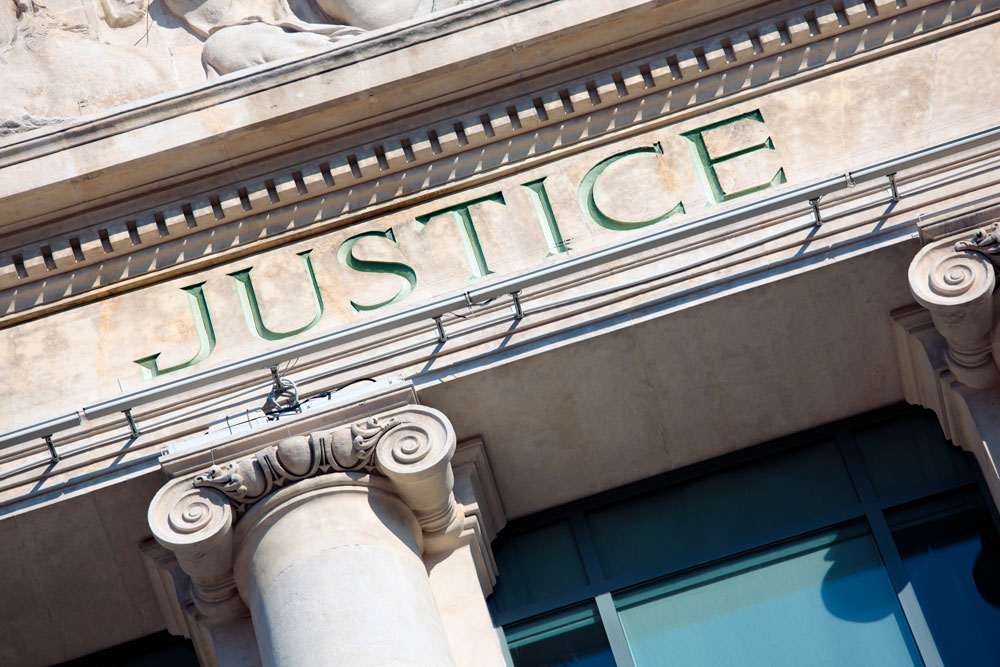
The majority continued in relevant part: Rather, post-verdict discovery requests fall within the discretion of the trial court: a trial court’s inherent power to order discovery extends to post-conviction proceedings “when justice so requires,” Marshall, 148 N.J. at 269, but courts invoke that discretion “only in the unusual case,” id. at 269-70, in recognition of the importance of finality, see id. at 152. Here, defendant argues that this discovery motion should be analyzed differently because it is a motion in anticipation of a new trial rather than a PCR petition. The Court therefore reviews the relevant standards.
PCR is New Jersey’s equivalent of the federal writ of habeas corpus. Under Rule 3:22-4(b)(2)(B), even a timely second or subsequent PCR petition “shall be dismissed unless . . . it alleges on its face . . . that the factual predicate for the relief sought could not have been discovered earlier through the exercise of reasonable diligence, and the facts underlying the ground for relief, if proven and viewed in light of the evidence as a whole, would raise a reasonable probability that the relief sought would be granted.” Although procedural roadblocks may be relaxed to avoid fundamental injustice, the Court has repeatedly emphasized that doing so requires balancing the competing interests of finality and fundamental fairness. Unlike petitions for post-conviction relief, “a motion for new trial based on the ground of newly-discovered evidence may be made at any time.” R. 3:20-2. But like a petition for PCR, the movant seeking a new trial based on newly discovered evidence must demonstrate that the evidence is, indeed, newly discovered.
A new trial is warranted only if the evidence is (1) material to the issue and not merely cumulative or impeaching or contradictory; (2) discovered since the trial and not discoverable by reasonable diligence beforehand; and (3) of the sort that would probably change the jury’s verdict if a new trial were granted.
Again, we see the majority using circular reasoning. Justice Solomon notes “the extraordinary nature” of this petition. He then notes that the sought discovery should be granted “only in the unusual case.” Since “extraordinary” and “unusual” are synonyms, the sought discovery should logically be granted as opposed to denied.
